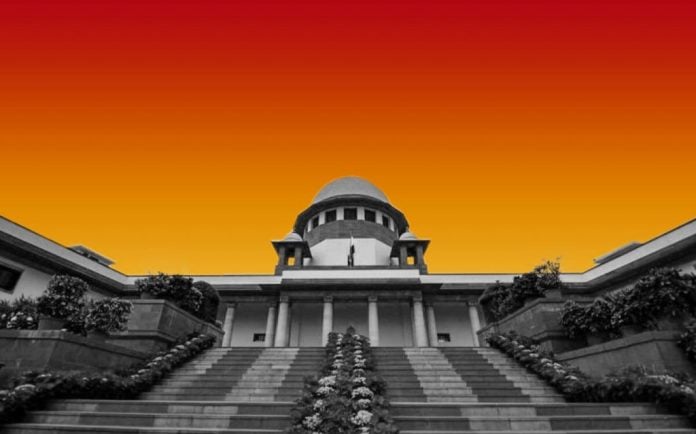The Supreme Court on Friday laid out the reasons for rejecting the two petitions filed by Advocates from the Madras High Court against the appointment of Justice Victoria Gowri as an Additional Judge of the Madras High Court.
The Single-Judge Bench of Justice Sanjiv Khanna ruled that it was passing a short order, following the constitutional bench judgment and after observing that it cannot go into the question of suitability.
Earlier on February 7, the Bench of Justice Sanjiv Khanna and Justice B.R. Gavai had ruled that the writ petition pertained to the suitability of the Advocate, rather than her eligibility, which was a subjective assessment and hence, the Court was not inclined to entertain the petition.
Stating that there was a difference between eligibility and suitability, the Apex Court had said it could not go into the question of ‘suitability’ at this stage, when the petitioner had cited a precedent of the Supreme Court stalling the appointment of a judge on the ground of ‘eligibility’.
The Court further said that it cannot be presumed that the Supreme Court Collegium was not aware of Gowri’s political backgrounds or her controversial statements.
As per the Apex Court, Gowri was only being appointed as an Additional Judge and there were instances where persons had not been confirmed, implying that the question of suitability could be considered by the Collegium later at the stage of confirmation.
As the hearing was in progress, the swearing-in ceremony took place at the Madras High Court. Acting Chief Justice of the Madras High Court, Justice T. Raja, administered the oath of office and secrecy to Victoria Gowri and four other Advocates.
Earlier on February 6, an urgent listing of the matter was sought by Senior Advocate Raju Ramachandran before the Bench led by Chief Justice of India (CJI) D.Y. Chandrachud.
A writ petition was filed in the Supreme Court by Advocates Anna Mathews, Sudha Ramalingam and D. Nagasila, seeking to set aside the recommendation concerning Gowri on account of her prejudices against the minorities, alleging that she bore ill-will against certain sections of people based on their religion.
They submitted that such a person was not able to render fair and impartial justice, which was the basic structure of the Constitution.
The writ petition sought to set aside the recommendation concerning Gowri as unconstitutional for lack of effective consultation within the meaning of Article 217 of the Constitution.
Some members of the Madras High Court Bar had submitted a representation to the CJI in January this year, seeking cancellation of Gowri’s proposed appointment on the ground that she had indulged in hate speech against Christians and Muslims and even had open affiliation with the BJP.


